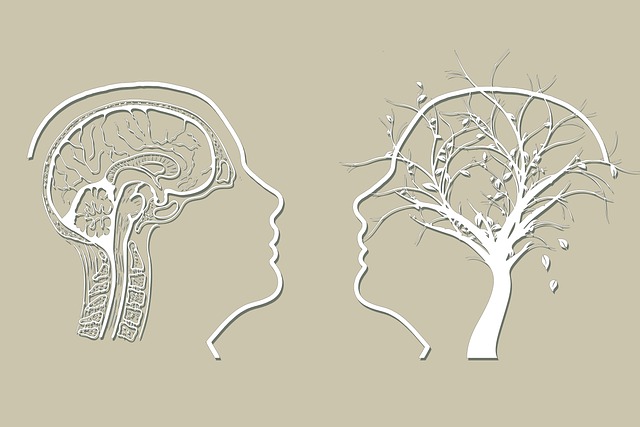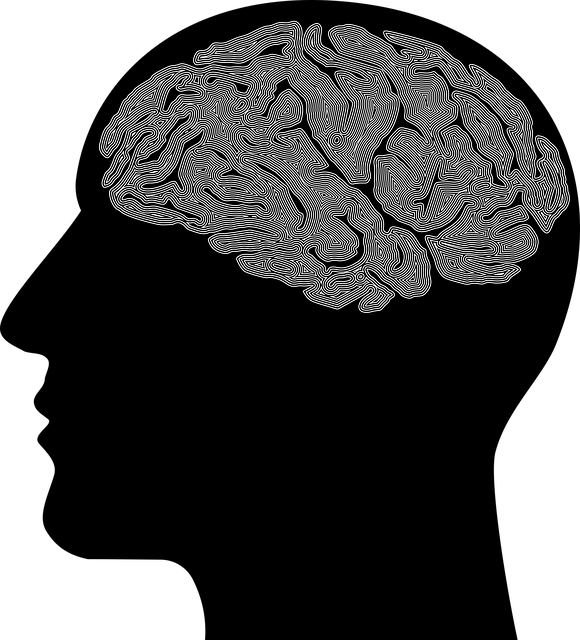Colorado Springs Children Therapy employs dynamic risk assessment to prioritize safety and effectiveness, gathering detailed information about children's histories, current circumstances, and behavioral patterns. Using structured tools and evidence-based practices like stress management and resilience-building activities, therapists develop personalized strategies for harm minimization. This continuous cycle of assessment and intervention promotes long-term mental health and well-being through early intervention, fostering resilience, teaching self-regulation skills, and integrating diverse approaches like Social Skills Training and Mental Wellness Coaching Programs. Successful harm minimization plans are implemented and monitored, with regular check-ins to assess emotional well-being and adjust strategies as needed in a supportive environment that encourages open communication and self-awareness exercises.
In Colorado Springs, risk assessment and harm minimization planning are vital components of children’s therapy, ensuring safe and effective treatment. This article delves into these critical practices, offering a comprehensive guide for therapists navigating complex cases. We explore how to identify potential harms in young minds, develop strategic minimization strategies, and implement monitoring plans tailored to Colorado Springs children’s therapy environments. By understanding risk assessment, therapists can foster supportive atmospheres that promote healing and positive outcomes.
- Understanding Risk Assessment in Children's Therapy: A Colorado Springs Perspective
- Identifying Potential Harms and Vulnerabilities in Young Minds
- Developing Effective Minimization Strategies for Safe Therapy Practices
- Implementing and Monitoring Plans: Ensuring a Supportive Environment in Colorado Springs Children Therapy
Understanding Risk Assessment in Children's Therapy: A Colorado Springs Perspective

In Colorado Springs children’s therapy, risk assessment plays a pivotal role in ensuring safe and effective treatment practices. It involves a comprehensive evaluation of potential risks and hazards that may arise during therapeutic interventions, focusing on both immediate dangers and long-term mental health implications. Mental health professionals in this city employ structured tools and protocols to identify vulnerabilities, predict adverse outcomes, and develop tailored strategies for harm minimization.
The process begins with meticulously gathering information about the child’s history, current circumstances, and behavioral patterns. This data helps therapists assess risk factors related to emotional well-being, social interactions, and potential triggers for distress. By integrating evidence-based practices, such as stress management techniques and resilience-building activities, therapists empower children to navigate challenges more adaptively. Risk assessment in Colorado Springs children’s therapy is not a one-time event but an ongoing cycle that promotes continuous improvement and personalized care.
Identifying Potential Harms and Vulnerabilities in Young Minds

In the context of Colorado Springs Children Therapy, identifying potential harms and vulnerabilities in young minds is a critical first step. Children, especially those facing developmental or emotional challenges, may struggle with self-regulation, making them susceptible to various forms of harm. These can range from social isolation to trauma, each with its unique impact on their mental wellness. Young minds are like delicate tapestries, easily influenced by their environment and experiences, which is why early intervention through therapy becomes essential in fostering resilience and overall well-being.
The process involves delving into their emotional landscapes, understanding their behaviors, and identifying underlying triggers. Through self-awareness exercises, mental wellness coaching programs development, and compassion cultivation practices, therapists can help children recognize and manage their emotions effectively. By addressing these vulnerabilities head-on, Colorado Springs Children Therapy not only minimizes potential harms but also equips young individuals with invaluable tools for navigating life’s challenges, ultimately contributing to their long-term success and happiness.
Developing Effective Minimization Strategies for Safe Therapy Practices

In developing effective harm minimization strategies for safe therapy practices, particularly within the context of Colorado Springs Children Therapy, it’s essential to integrate diverse approaches that cater to the holistic needs of young clients. Social Skills Training stands as a powerful tool, enabling therapists to equip children with the ability to navigate social interactions successfully while fostering positive relationships. By incorporating these training programs into therapeutic regimens, practitioners can enhance the overall effectiveness of treatments, ensuring that kids not only achieve their mental wellness goals but also develop essential life skills.
Additionally, Mental Wellness Coaching Programs Development plays a crucial role in empowering children and their families with proactive strategies for managing emotional challenges. These programs, tailored to individual needs, promote positive thinking as a means to counteract negative thought patterns and behaviors. By fostering resilience and self-awareness, these coaching initiatives contribute significantly to the long-term success of therapy, making Colorado Springs Children Therapy a beacon of hope and transformation for young individuals navigating various mental health hurdles.
Implementing and Monitoring Plans: Ensuring a Supportive Environment in Colorado Springs Children Therapy

Implementing and monitoring harm minimization plans is a cornerstone of effective Colorado Springs Children Therapy. Once developed, these plans should be integrated into the fabric of therapy sessions, ensuring that both therapists and clients are prepared for potential risks and challenges. Regularly scheduled check-ins allow for continuous evaluation of the child’s emotional well-being, providing an opportunity to adjust strategies as needed.
A supportive environment in Colorado Springs Children Therapy is cultivated through open Communication Strategies and Self-Awareness Exercises. Therapists should actively listen to clients’ concerns and feedback, fostering a safe space where they feel comfortable expressing their thoughts and feelings. This two-way dialogue, combined with well-structured Crisis Intervention Guidance, equips children with the tools to navigate difficult situations, promoting resilience and minimizing potential harm.
Risk assessment and harm minimization planning are paramount in ensuring safe and effective therapy practices within the context of Colorado Springs children’s therapy. By understanding potential risks, identifying vulnerable populations, and implementing robust minimization strategies, therapists can create a supportive environment that fosters healing and growth. Regular monitoring and adjustments to these plans are essential to address evolving challenges and maintain high standards of care, ultimately enhancing the well-being of young minds in Colorado Springs children’s therapy settings.














